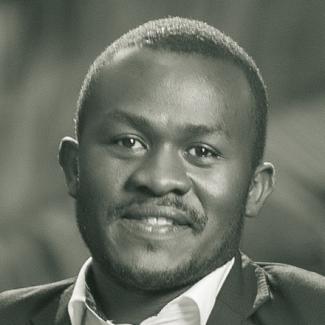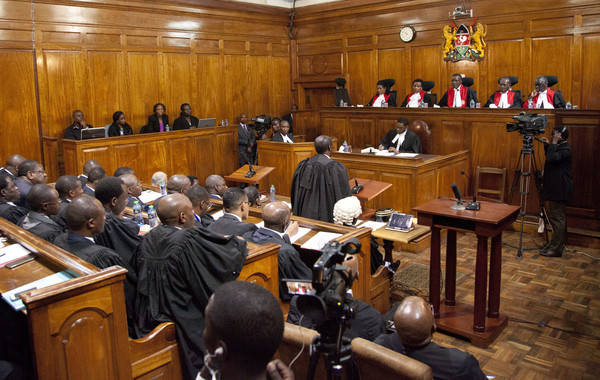Governance
Election drama
Most observers considered Kenya’s presidential elections in August 2017 fair. Uhuru Kenyatta was officially reported to have won 54 % of the votes. In view of opposition grumbling, however, he suggested that Raila Odinga, the main opposition candidate, go to court. Odinga kept stating that this was not an option, though international observers and church leaders urged him to either concede or turn to the judges.
Shortly before the final deadline, Odinga and his lawyers indeed appealed to the Supreme Court, arguing they had sufficient evidence of malpractice. The case was accepted, the Supreme Court heard both sides and finally decided in favour of the opposition. Due to many “illegalities and irregularities”, it declared the election null and void and ordered a fresh one to be held within 60 days.
At first, Kenyatta said that he accepted the decision, though he did not agree with it. In campaign mode, he later turned against the judges, calling them “crooks” and promising to “fix” something he considered “broken” in the judiciary. The fight for a fair and transparent election system was evidently not over.
The opposition raised a set of demands it wanted the electoral commission to fulfil, including the dismissal of some officials and measures to enhance transparency. It spoke of an “irreducible minimum”, and threatened to stay away from the rerun election, which was scheduled for 26 October. The electoral commission half-heartedly accepted some of the proposals, but made it clear that it considered the election’s credibility a matter of perceptions, rather than substance. The government, in turn, insisted that there was no time for major reforms. Its strategy was to press ahead with the elections fast.
The president’s party has a majority in the parliament. It changed the electoral law, deleting and watering down clauses that had led to the election annulment. Legal disputes erupted immediately. On 24 October, activists appealed to the Supreme Court, asking it to decide whether the election could take place as planned on 26 October at all. The government then declared 25 October to be a public holiday, but Chief Justice David Maraga announced the Supreme Court would sit nonetheless.
That evening, the car of Philomena Mbete Mwilu, the deputy chief justice, was shot at. The driver was injured; she remained physically unharmed herself. However, she did not show up in court the next day. Another judge was abroad for medical treatment, and yet another one missed an airplane to Nairobi. Two other judges did not appear, but did not offer excuses. Apart from Maraga, only one other Supreme Court justice was present. According to its quorum, the Supreme Court needs a minimum of five judges to take decisions. The meeting had to be aborted, and the elections took place as scheduled.
Odinga boycotted the event, so Kenyatta now won 98 % of the votes. Turnout, however, dropped from 79 % in August to a mere 38 % in October. In 25 constituencies, which are opposition strongholds, no vote was cast.
Protests erupted, but the security forces managed to suppress them, while the Kenyatta government agitated against the opposition and harassed some of its leaders and financiers. Some were charged with treason. One lawyer, who has the dual citizenship of Canada and Kenya, was arrested and forced to leave the country after he had dared to swear in Odinga as the “people’s president” during a protest rally in January.
Things have since calmed down, especially after Kenyatta and Odinga held a surprise meeting in March 2018. They shook hands and declared a ceasefire. Doubts linger on about the legitimacy of Kenyatta’s presidency, but it has not been questioned in court. The judges have, however, reversed most of the election law amendments which the parliament passed shortly before the rerun election. The fight for a fair and transparent election system is still not over. (as)










